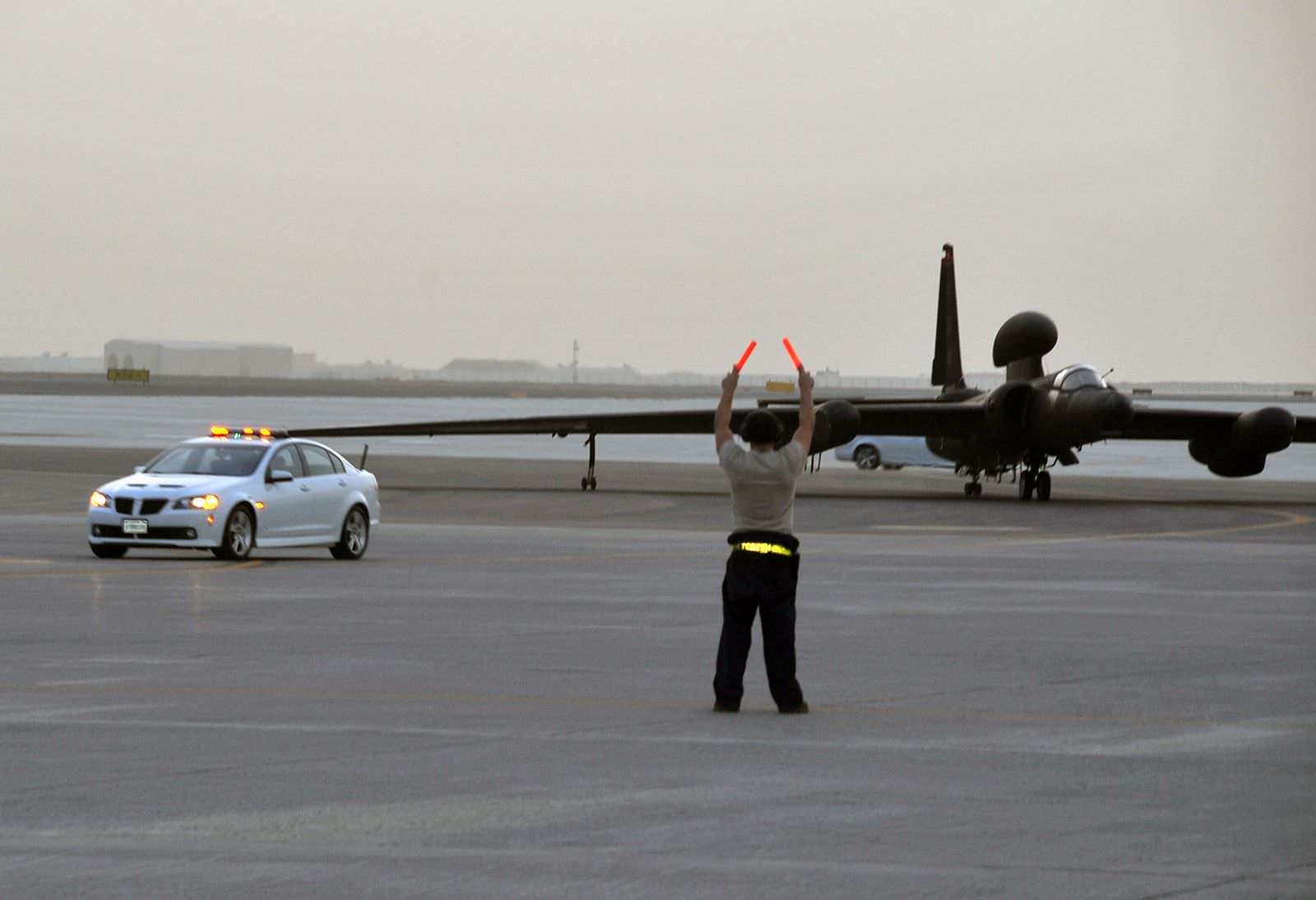U.S. News
Biden admin gives China an edge? Pentagon retires spy plane that detected balloon
By Jake Beardslee · November 30, 2023
In brief…
- The 1950s-era U-2 spy plane has served critical reconnaissance roles from the Cold War up to identifying China's recent surveillance balloon.
- Secretary of Defense Austin is abruptly retiring the U-2 fleet via a waiver, before Congress' stipulated replacement capabilities are ready.
- The U-2 has proven adaptable to diverse missions and is still in high demand operationally.
- The timing suggests the Pentagon hopes to avoid Congressional opposition to the retirement.

The U-2 “Dragon Lady” spy plane, first utilized in the 1950s, is still a critical military asset, yet the Biden administration has surprisingly decided to retire the fleet by October 2025.
The Cold War-era U-2 was created at President Eisenhower’s request to conduct high-altitude reconnaissance flights over the Soviet Union. Its intelligence revealed that contrary to Soviet leader Khrushchev’s rhetoric, Russia was not producing masses of advanced weaponry. With this critical intelligence in hand, President Eisenhower determined that an expensive arms race and potential military conflict with the Soviets were unwarranted.
Later, the U-2 discovered Soviet nuclear missiles in Cuba in 1962, providing intelligence that enabled President Kennedy to diffuse the crisis. The U-2 has since been modernized and adapted for diverse military and civilian missions. Most recently, it visually confirmed the Chinese surveillance balloon detected over Montana.
Defense Secretary Lloyd Austin has invoked a waiver to retire the U-2 fleet prior to the readiness of replacement capabilities stipulated by Congress. The timing of Austin’s decision, coming shortly before federal holidays and the year-end Congressional calendar, suggests a potential effort to limit timely Congressional opposition. With global tensions elevated, eliminating this proven adaptable intelligence asset could hinder military readiness, some analysts argue.